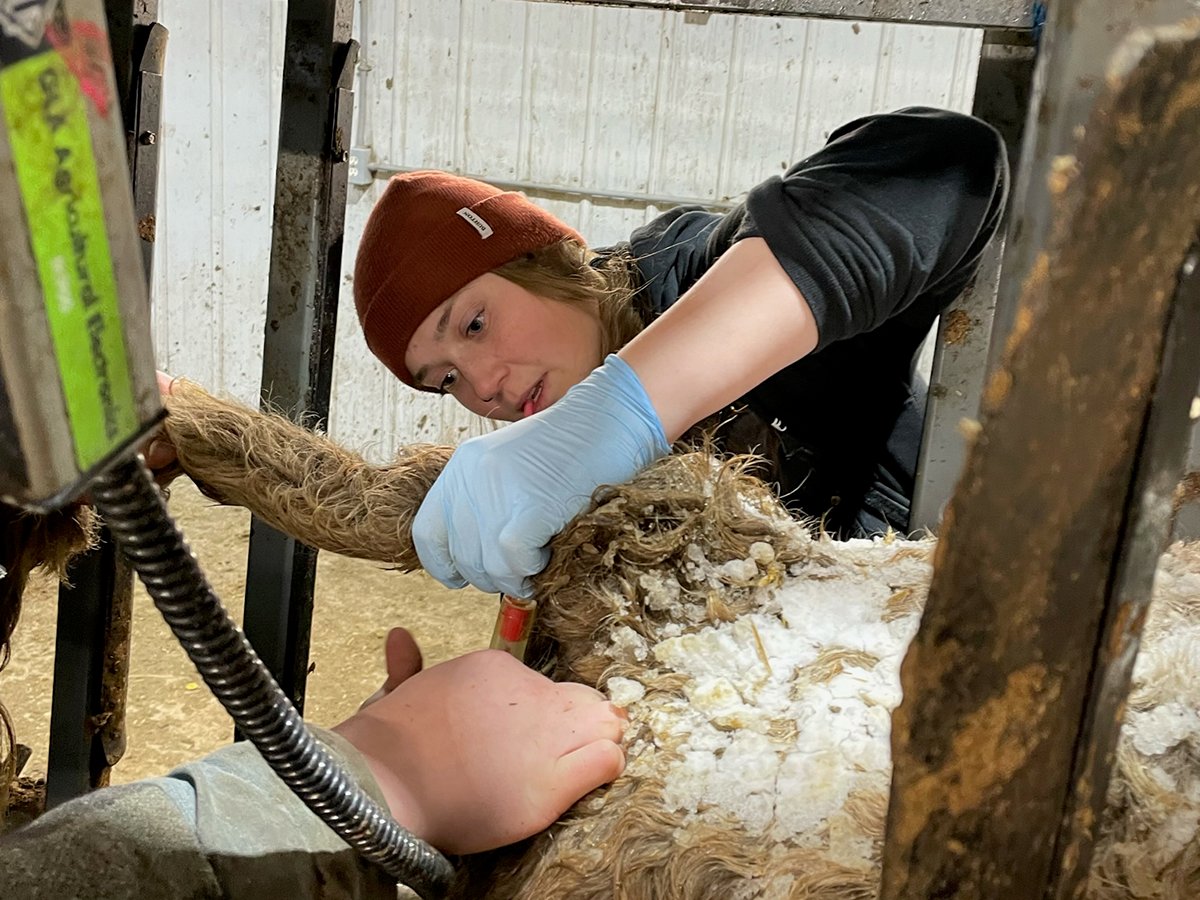LETHBRIGE — The World Trade Organization has set aside Feb. 18-19 for public hearings on U.S. country-of-origin labelling.
The hearing will be in Geneva, Switzerland, and could take up to two years to complete.
The WTO said public viewing is available via closed circuit television. For more information, visit www.wto.org/library/rss/latest_news_e.xml.
Canada and Mexico requested the appeal after the U.S. Department of Agriculture amended the labelling law last May. The legislation requires complete information on where an animal was born, raised and slaughtered, and the amended rule tightened up requirements even further than the previous version of the law.
Read Also

Pen riders better than tech at detecting respiratory disease in feedlot cattle, says researcher
Katrina Garneau’s recent research found that pen riders are better than technology at flagging signs of BRD in feedlot cattle.
The appellants argue that the law discriminates against live cattle and hogs and has cost their industries billions of dollars.
The Canadian Pork Council completed a study last year and determined the total damage to its business up to October 2012 totalled $1.9 billion with the greatest damage being against slaughter hogs.
COOL resulted in 10.4 million fewer slaughter hogs exported, representing a value of $1.5 billion. Other losses were incurred when feeder pigs were not exported to the United States for fattening, said the study.
Canada and Mexico first challenged the law in 2009 and won the first round in 2012.
When the amendment was released May 23, Canada published a list of about 30 products for tariff retaliation if the law was not changed.
Canadian politicians have lobbied hard in Washington seeking a change to the law through means outside the courts. They have focused on how the law could ultimately hurt Americans.
“Telling the Americans that COOL hurts Canada does no good. The threat of retaliation is getting attention,” said Alberta agriculture minister Verlyn Olson.
If legislators realize the listed items could have a negative impact on their state, they are more likely to take notice, Olson told the Alberta Cattle Feeders Association’s annual meeting in Lethbridge Jan. 22.
“We have a very strong ally in the packing industry. It is an issue of jobs and economic health in many communities in the states,” he said.
The latest information is that changes might be made within the U.S. farm bill, but Olson was skeptical.
“We have heard that before.”
The farm bill is complex and there are about 30 contentious issues, including management of the multibillion-dollar food stamp program.
“Our issue is probably number 30,” he said.















